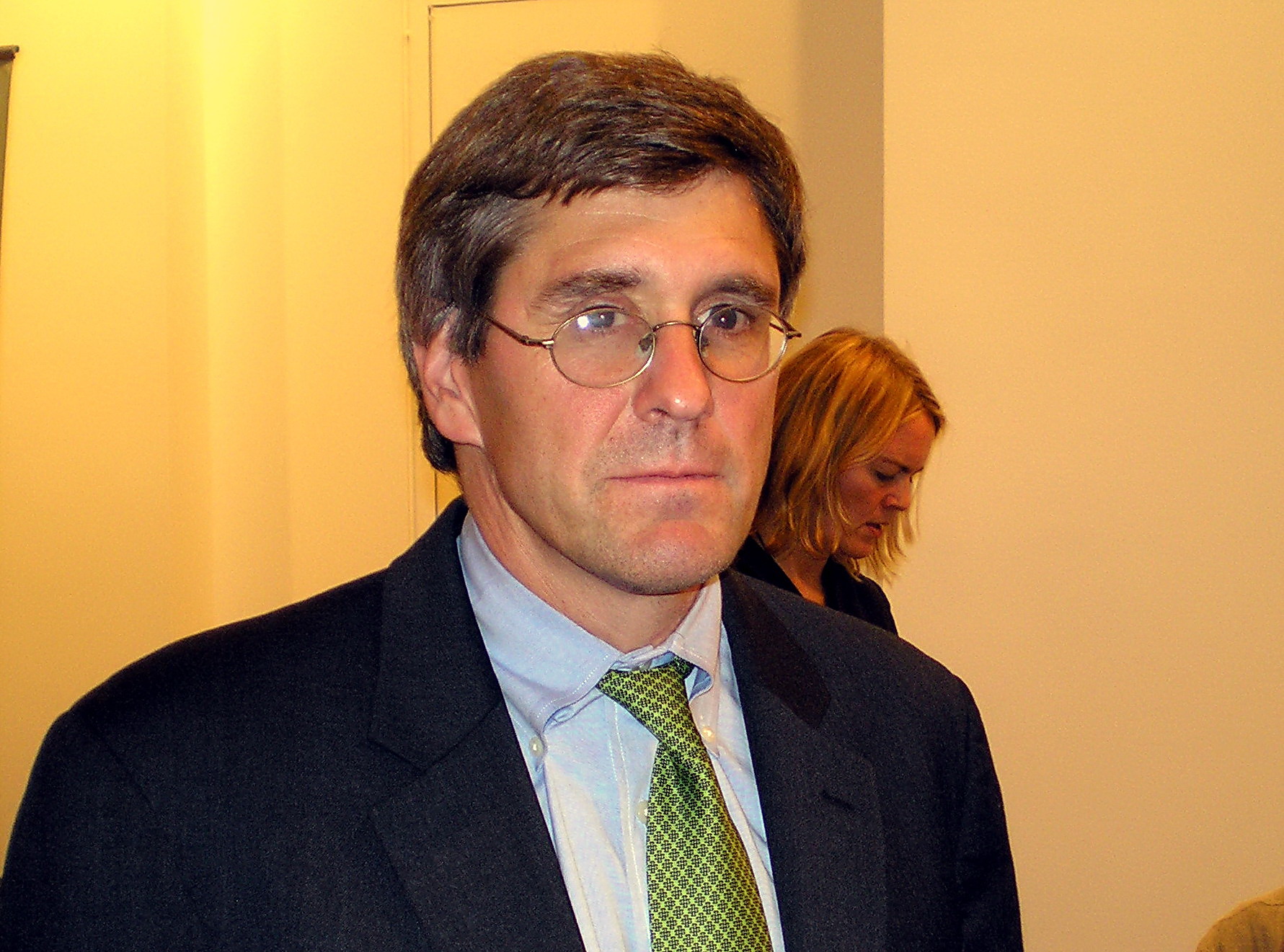"I hereby declare upon Oath that I will support and defend the Constitution of the United States of America against all enemies, foreign and domestic; that I will bear true faith and allegiance to the same; that I will bear arms on behalf of the United States; that I will perform work of national importance when needed; and that I take this obligation freely without any mental reservation or purpose of evasion; so help me God."
Tuesday, October 25, 2011
Perry's Alternative Maximum Tax
Presidential candidate Rick Perry has finally announced his tax plan. As it turns out, he isn't favoring the Forbes flat tax as initially predicted; rather, his plan is based on Stephen Moore's quasi-flat tax, originally proposed in 1995 as part of Jack Kemp's tax reform initiative.
The plan involves allowing individuals and corporations to select one of two tax plans: to be taxed under the current tax code, or to optionally pay a 20% flat tax, with few deductions (see below), on income exceeding $12,500.
This really isn't a flat tax per se; it's an attempt to replicate Hong Kong's tax code here in the United States. Moore described his plan here in 1998; Alan Reynolds critiqued it in this article in 2005 (both are links from the Cato Institute). Interestingly, Moore makes no comment about his participation in crafting the "optional flat tax" concept in his initial remarks about Perry's plan.
In effect, Moore's plan is a 20% cap on income tax liability, similar to Hong Kong's 16% cap.
At first glance, one might see this as a political expedient- believing a flat tax system won't pass through Congress, but that an optional flat tax system might. I see a potential pitfall with this line of thinking: as in Hong Kong, where only the top 2% of taxpayers pay the 16% flat rate, this proposal would only apply to the top few percent of taxpayers here in the United States. In other words, it would amount to a "tax cut for the rich"- something which makes tremendous sense (especially in the current economic climate) but has always been politically problematic to implement.
Contrast this with the rhetorical core of a flat income tax proposal: Everyone pays the same rate.
The plan does have some positive attributes: An upper limit on income tax liability makes the tax system more predictable for upper-income earners- including owner-operator businesses. It also allows individuals and businesses to choose to simplify tax preparation. Even if this means a slightly higher tax liability for some payers, it may be worth the additional sum to dispense with extensive tax preparation- to pay a bit more for the sake of convenience.
Moore claims an advantage of his proposal which, in my opinion, is specious: He claims that opting into the plan will eventually make the current tax code obsolete, because most taxpayers will eventually decide to pay flat tax. Unfortunately, decades of experience with a dual system in Hong Kong contradicts that claim- as stated above, only 2% of taxpayers opt for the 16% flat tax.
One major fault of the plan is the deductions. As I stated in my Forbes post, the charitable contributions deduction is one of the biggest holes in our tax system. Perry's plan preserves this deduction, as well as the sacred cow mortgage interest deduction and deductions for state and local taxes paid, for persons earning less than $500,000. However, no mention has yet been made of a deduction for business expenses. As stated previously, the business expenses deduction is critical to small businesses and individuals entering self-employment; failure to include it makes the alternative maximum tax a less-attractive option for these taxpayers. Hopefully this deduction will be included as Perry's campaign fleshes out the plan.
All-in-all, Perry's plan is substantially better than 999. It is, essentially, an "opt-out" from the current tax system. With some substantial improvements, it could replicate the effect of Hong Kong's tax system- which is generally accepted to be part of the reason for Hong Kong's economic prosperity, along with greatly less-restrictive business regulations (and cutting business regulations has been a hallmark of Perry's record as Governor of Texas).
I would prefer a flatter tax structure for everyone, for a number of reasons. However, I am cautiously optimistic about this plan.
Subscribe to:
Post Comments (Atom)

No comments:
Post a Comment